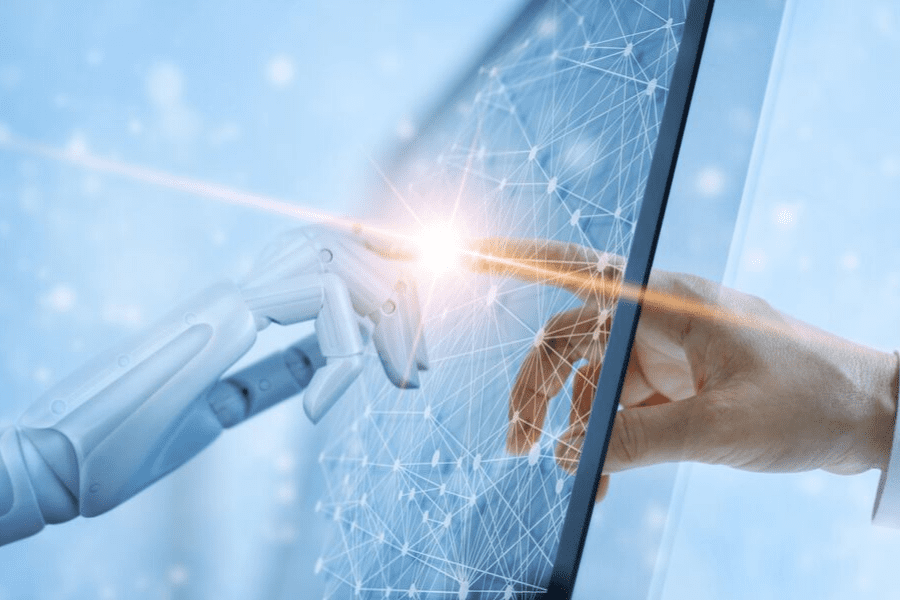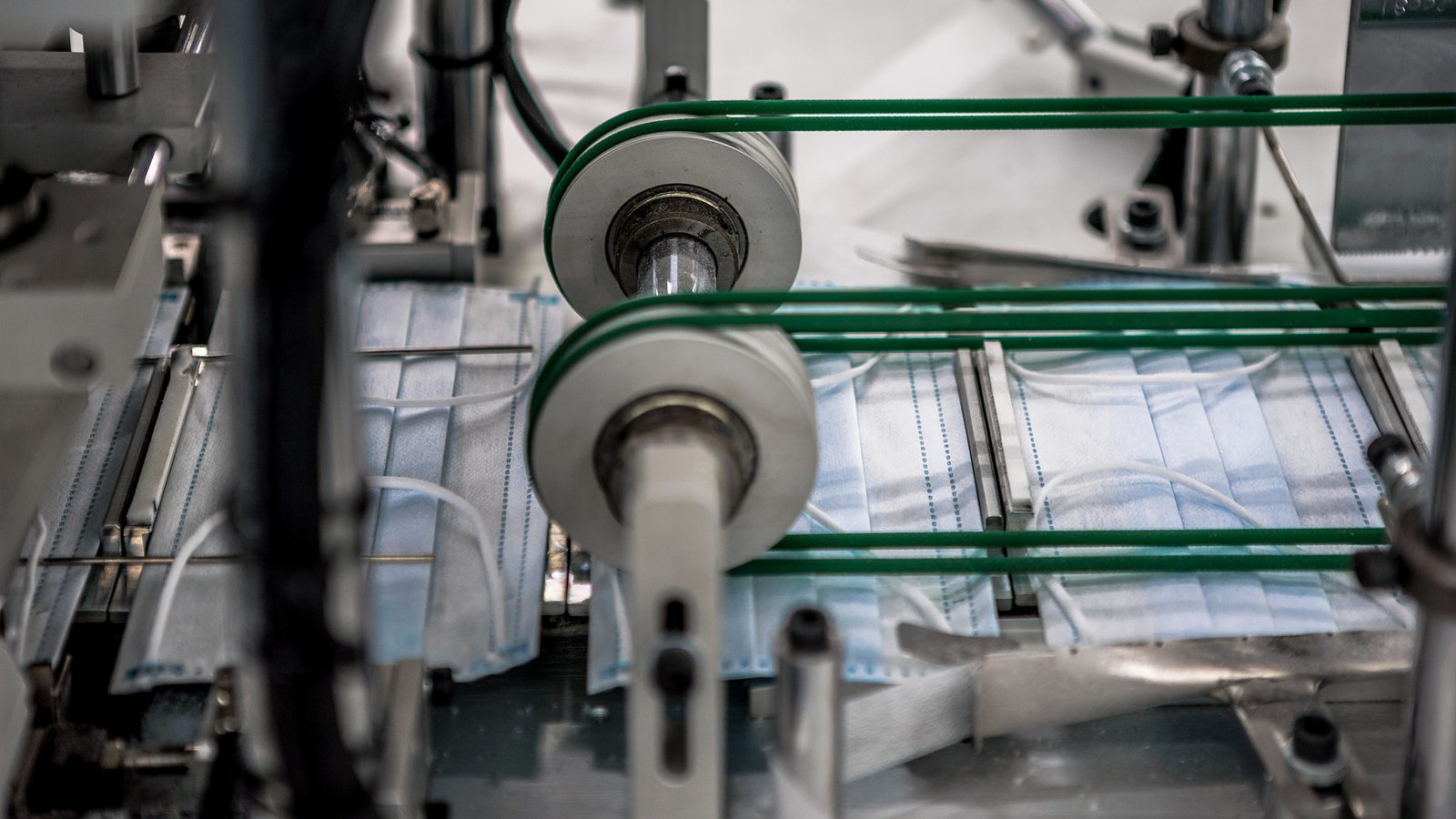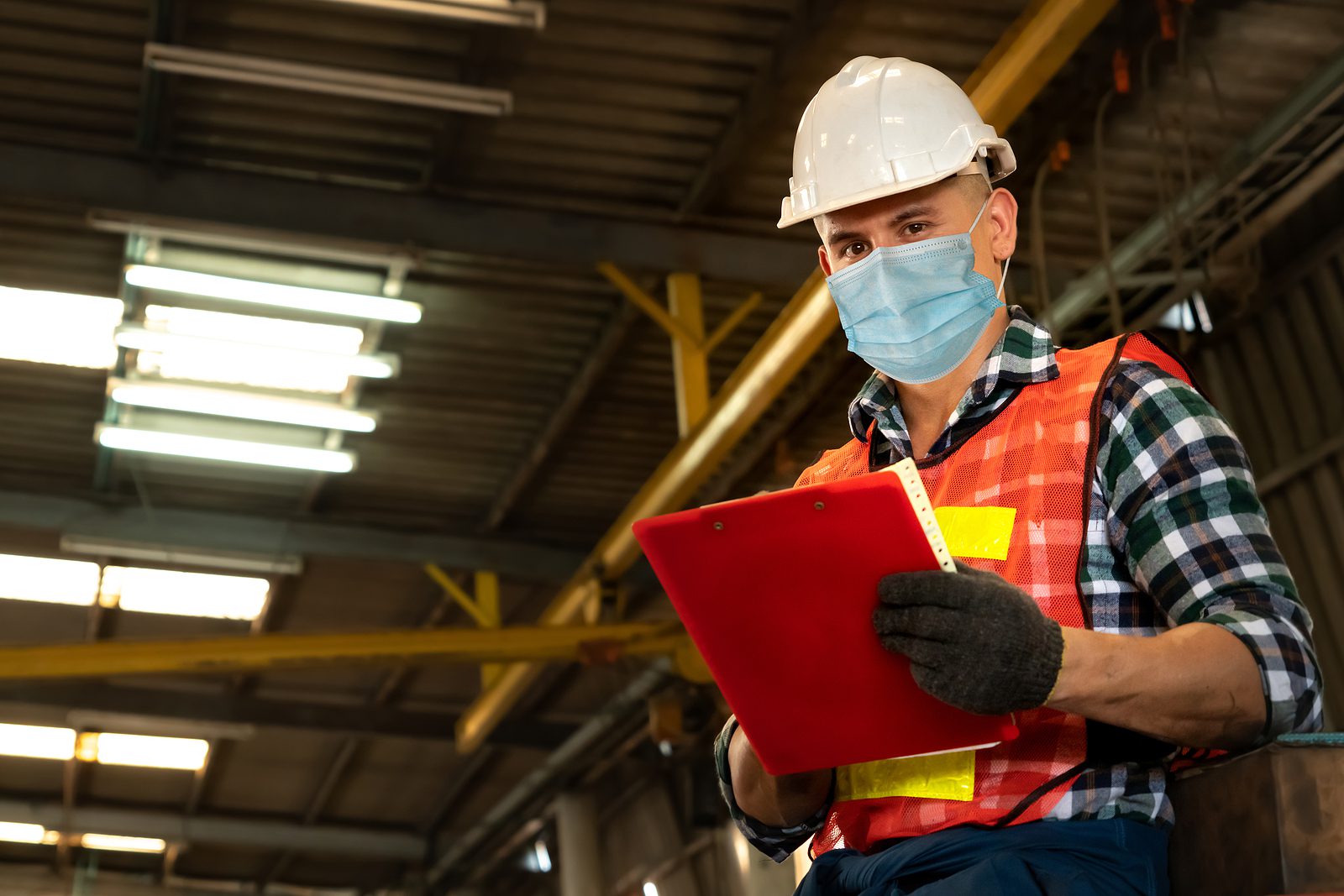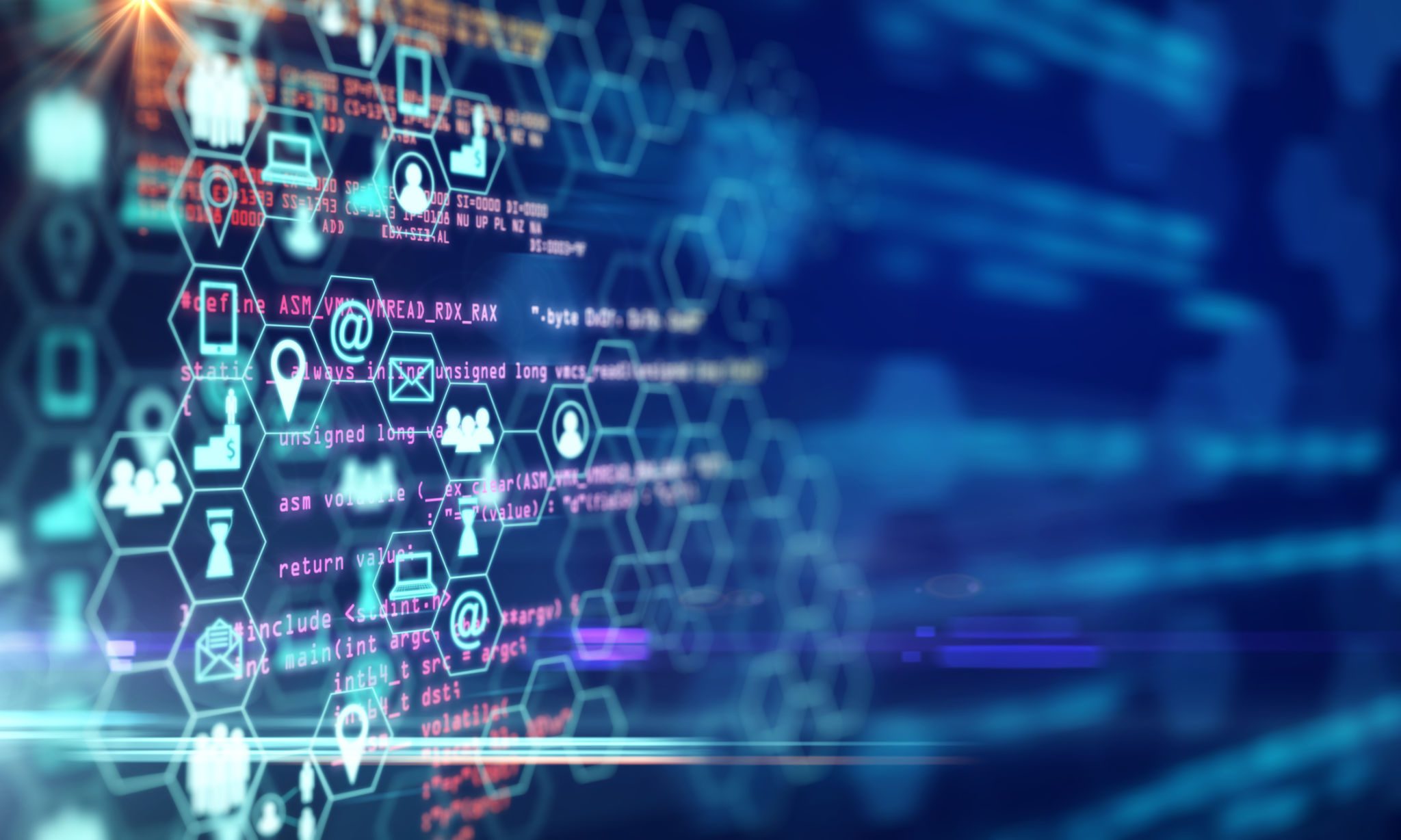By Laser 1 Technologies
High Tech Jobs of the Future
The science-fiction future is beginning to arrive. Robotics and AI (artificial intelligence) are just a few of the technologies which will revolutionize so many aspects of the world over the course of the next few decades. The manufacturing workplace is no exception.
While robots and technology will cause a loss of jobs in manufacturing, there will also be new jobs to develop and manage the new technology. Some of those jobs look very similar to the jobs of today. For example, robotics will require engineers, software developers, technicians and operators. Robots will be a competitive segment of industry, so they’ll still require humans to handle sales and marketing functions.
Future Jobs We Haven’t Yet Thought of
But what new jobs are beyond the horizon in these fields? It’s a common notion that most of the jobs which will employ our children have not yet been invented. This can understandably leave young people uncertain about how to prepare for such employment.
Futurists and technologists at BAE Systems, a multinational defense, security, and aerospace company, have considered the question, predicting some top jobs for the next generation, along with the areas of study to help equip students to pursue them.
Here are four jobs of the future that particularly piqued my interest.
VR Architect (Areas of study: Graphic Design and IT)
Platforms used for aviation, on the ground, or at sea will become more complex, inspiring the creation of ‘digital twins’ enabling AI modeling to remotely predict which parts need maintenance. VR Architects will use virtual and augmented reality to map and monitor the component parts within the vehicle for safety and maintenance.
AI Ethicist (Areas of study: Philosophy, History and Math)
As we increasingly rely on AI to make complex decisions, responsible programming and deployment will be crucial. The AI Ethicist will ensure that AI is based on appropriate ethics and does not display biases. Or, worse yet, to overthrow their human counterparts as science fiction has long warned.
Auto-Advisor (Areas of study: Robotics, Mechanical Engineering and Physics)
As robots and humans become more intertwined in the workplace, the Auto-Advisor will advise companies on where to apply robotic automation; ensure the automated workforce complies with standard practices; and identify opportunities to upgrade robotic contributions.
AI Translator (Areas of study: Cybersecurity, IT and Mechanical Engineering)
“Cobotics”—the co working relationship of humans and robots – will require training of both the human and the AI assistant, helping them cultivate an effective team relationship. The AI Translator will fine-tune the AI assistant, tailoring it to match the individual human worker’s needs, while also auditing and correcting for any errors.




